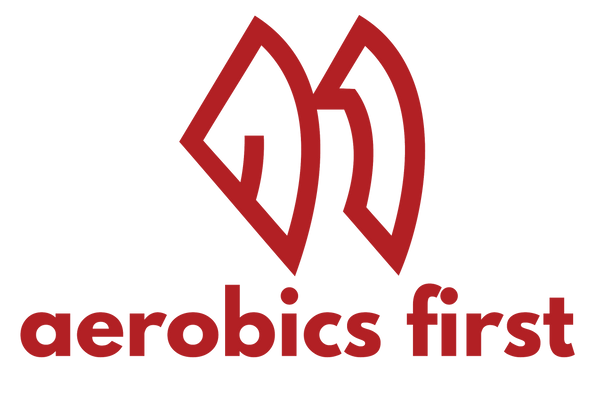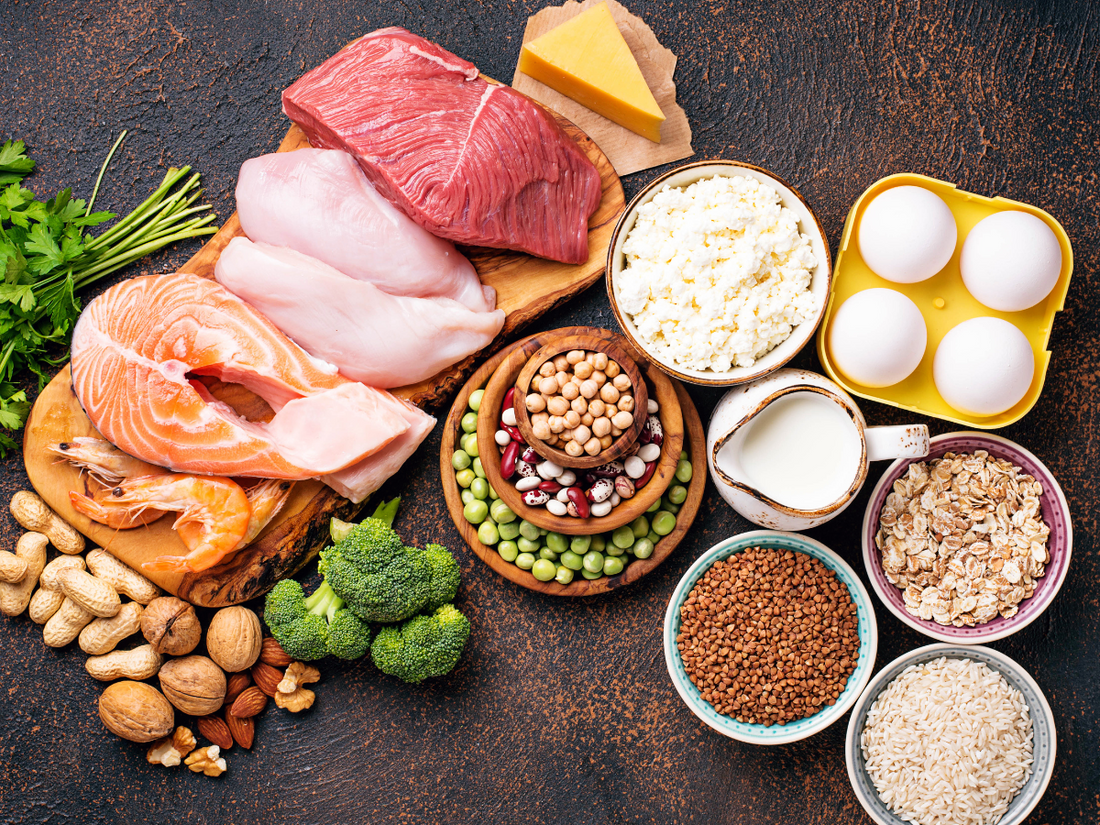Runners Need Protein Too, But How Much?
Runners have a unique set of nutritional needs. Depending on a runner's goal and training schedule, recommendations for things like protein, carbs, and healthy fats can vary. One thing that is most consistent across the board is protein intake.
Protein is often [unfairly] associated with growing big, burly muscles, which can make some runners apprehensive of it. The fact is, our body will only adapt to the stimulus (training) we provide it. Training like a runner and eating adequate protein will NOT result in the spontaneous growth of burdensome muscle. Unless you are training like a bodybuilder, you are not going to get bodybuilder muscles, guaranteed.
The most important fact is, runners have muscles too. A runner’s training and recovery plan should include adequate protein intake for the repair and maintenance of their muscles.
When it comes to protein intake, I’m mainly interested in three things:
- Total daily protein intake
- Spreading that out throughout the day
- High quality sources
Total Daily Protein Intake
Nutrient recommendations are based on DRIs (dietary reference intakes). Some nutrients have enough evidence behind them to suggest an RDA (recommended dietary allowance). RDA’s are mainly suggestions for the general public and do not take into account the extra effort and work put in from runners and other athletes. Unfortunately, the studies that the current RDA for protein is based on are old, irrelevant, and based on the absolute minimum you would need just to not have disease caused by a protein deficiency. That RDA (which needs updating), is 0.8 grams per kilogram of bodyweight per day.
The recommendation for endurance athletes, based on more recent and higher quality evidence, is between 1.2 and 1.7 grams of protein per kg of body weight per day, though it can be higher depending on the individual and training type.
For example, it is recommended that a 150 lb (68.2 kg) runner has a daily protein intake between 82 and 116 grams. Keep in mind that this is a range and hitting either of those numbers exactly is not the point. More simply, aiming for an average of 100 grams per day could be the goal.
Spread Your Protein Throughout The Day
Muscle repair happens through a process called muscle protein synthesis (MPS). MPS is triggered in the body when we eat a certain amount of protein in a meal, usually around 25 - 30 grams. We can, and we want to promote MPS multiple times throughout the day. We want more opportunities for repair and recovery, not less.
Let’s continue with the example of a total daily goal of 100 grams. We can also look at this on a per-meal basis. Generally speaking, most people have three meals and a snack or two each day.
Using the example of three meals and two snacks, we can split the goal of 100 into four-five separate eating times. Now we have a goal of eating 25 grams of protein at each main meal, with the remaining 25 split between the two snacks.
High Quality Protein Sources
Beyond protein quantity, it’s also important to consider the quality. Different protein sources are made up of varying proportions of amino acids (the building blocks of protein). Some amino acids are more important to the repair and recovery process than others. MPS for example, is primarily triggered via the amino acid leucine.
That being said, as long as you are eating enough protein in total, we don’t really have to think about the amino acids. Especially if those protein sources are of high quality.
High Quality Animal-Based Protein Sources
- Meats like chicken, lean beef, turkey, fish, other seafood like shrimp (25-30 per serving)
- Most dairy products (some are better than others, for example, a serving of low-fat Greek yogurt has up to 17 grams of protein)
- Cheese strings are a great addition to snacks as well!
- Eggs and egg whites (6 grams per egg and 7 per ¼ cup of egg whites)
 \
\
High Quality Plant-Based Protein Sources
- Soy beverage (about 8 grams per cup)
- Edamame (there is about 18 grams of protein per cup)
- Tofu, beans, lentils (12 - 18 grams per cup)
- Seitan (made from gluten, about 25 grams per serving)
- Hemp hearts (10 grams per serving)

I would also be remiss if I didn’t mention protein powders. These are primarily whey or dairy based, or plant-based. Whey proteins are very high quality and most plant-based powders have improved over the years; sometimes they mix in different protein sources to optimize the amino acid profile. Using protein powder as part of your post-run recovery snack or evening snack is an easy way to boost your total daily intake.
Some Final Tips
Foods that are great protein sources are also fantastic sources of many other nutrients. Animal-based protein sources also pack a meaningful punch of vitamins like B12, minerals like calcium, and other important nutrients like iron. Plant-based sources, like edamame and hemp hearts, bring along things like fibre and magnesium. Protein is important, but these foods are providing more than just protein.
Being a good runner isn’t all about running either. We also need to consider aspects of recovery like sleep, stress management, macro- and micronutrient intake, and how those things fit into our training schedule. A great place to start is to make sure you are giving your body the raw materials it needs; this starts with protein.
Remember, you can only perform to the level that you recover.
Michael Manderville, RD, BScAHN, BKin



